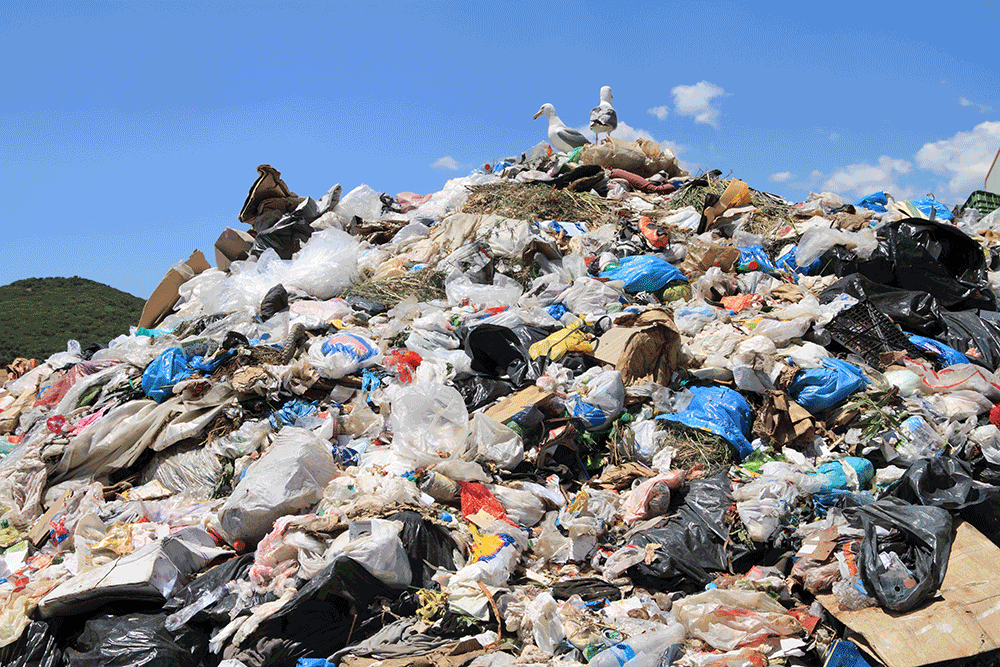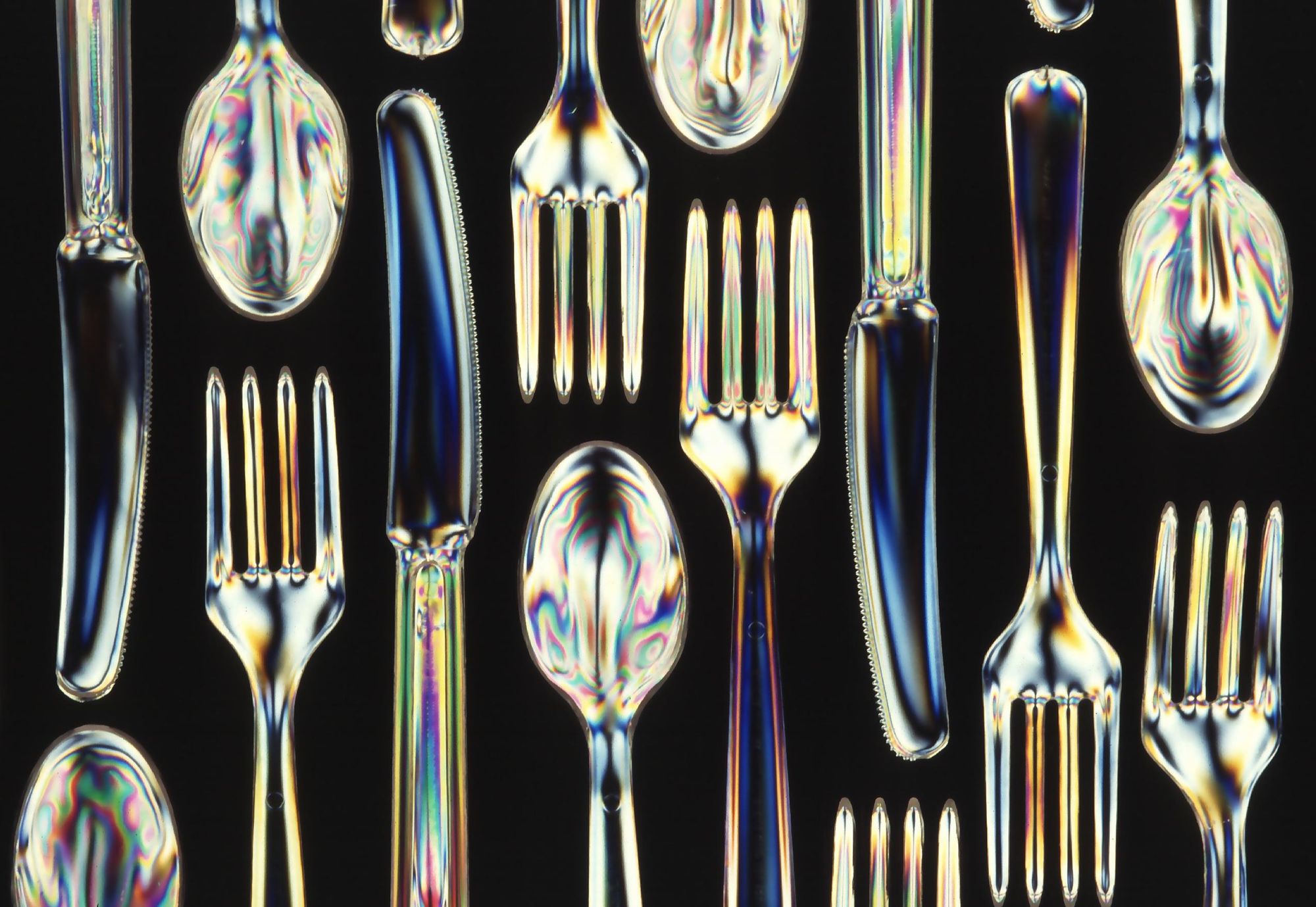Combating the plastic problem
The benefits of plastics are becoming its crutch

Hey there readers. It has been a long time since I wrote anything here. And I thought it is finally time to write something. This post is about plastics. And on World Environment Day, I thought I will share some of my thoughts on how to combat the plastic menace.
The plastic problem is a well-documented one. Hundreds of millions of tons of ecosystem-threatening, non-biodegradable plastics are consumed by humans every year. Keep in mind that plastic is non-biodegradable. In case you don't remember, it means that the good bacteria in the soil can't decompose them to simpler stuff like water or carbon dioxide or organic material. They just stay that way. For hundreds of thousands of years.
And this is the problem. According to this site, we consumed about 300 million tons of plastic in 2010 globally. And it is estimated that we will consume about 540 million tons in 2020. And this is just a conservative estimate. And most of it isn't even recycled. This site claims that about 27% of plastic bottles are recycled and 13.3% of plastic packaging was recycled in 2008. And over here, it says that some encouraging growth has been seen in recycling plastics.
But that is just not enough. So much of plastic garbage is thrown into the ocean. Look up "The Great Pacific Ocean Garbage Patch". It is twice the size of Texas and is somewhere in the Pacific Ocean between Hawaii and the western United States with an estimated weight of 3.5 million tons. That is just expected to grow as we keep throwing more trash which doesn't decompose into the ocean.
By now, I think how huge a problem we have on our hands. Plastic is really ubiquitous. Buying something at the local supermarket? You get them in a plastic bag. Ordering something on Amazon? The packaging inside is in plastic. The wirings in your house? They are insulated with a plastic-like material so that you don't get shocked. This should convince you that plastic is everywhere.
Plastics is a huge industry. The Plastics Industry Association website claims that in the US alone, over 850 thousand people are employed thanks to this industry and over $380 billion is generated in annual shipments.
Why am I telling you all this? Wasn't this supposed to be on some thoughts on how to combat the plastic problem? Yes, I am coming to that. What I wanted to show was the scale of the plastic problem. It is easy to proclaim that we should ban plastics. Fine, what do we use then? We probably can use paper and cardboard for packaging. However, to replace all the plastics with paper and cardboard would entail cutting so many more trees. Even if we did, what would replace all the insulating material or the myriad other uses of plastic? We can't just run a command, killall plastic. That won't work. We need to go deeper.
I was thinking of this the other day. How do we revamp the plastic industry so that it is more environment-friendly without necessarily killing the entire industry? What will a feasible solution to this be?
And that's when I hit on this thing called "biodegradable plastics". Basically, these are plastics which can be decomposed by bacteria and other living organisms. So, problem solved right? Let's just replace all these plastics with biodegradable plastics and we are done. Yay! Plastic problem solved. Next one please.

Hold on, mister. Not so soon. Not so soon. If it was so easy, it would already be widespread, wouldn't it? The problem is one we have with so many other environmental-friendly technologies we have today. Cost and feasibility. It is still more expensive than conventional plastics and it cannot be disposed of with normal plastics. Moreover, biodegradable plastics needs us to devote farmland to organic crops which are the raw materials for biodegradable plastics. We still need to iterate on the technology and make it feasible enough for large-scale usage.
This World Environment Day, I really hope that governments and industries investigate this further to make it commercially feasible. Of course, the most suitable, albeit impractical, solution would be to completely replace plastics. But like I said, being such a ubiquitous product, it seems more pragmatic to me to change the innards of the plastic and make it more eco-friendly.
Until next time, see you!
